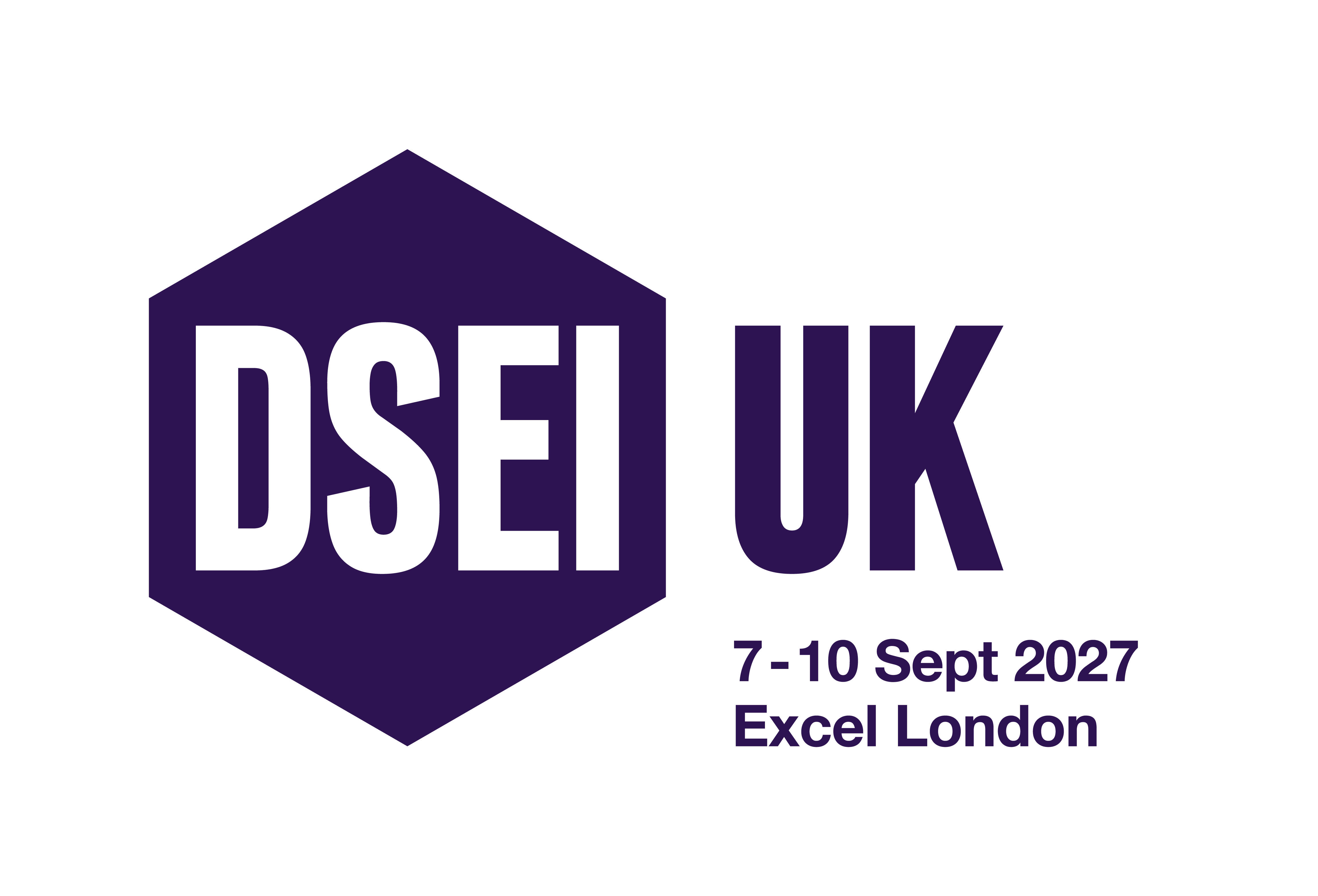
Natalia Kushnerska, CEO of Brave1, spoke to DSEI about Ukraine’s defence-technology priorities as the conflict passes the three-year mark.
Missiles remain Ukraine’s top priority this year, Natalia Kushnerska, the CEO of Ukraine’s Brave1 defence innovation accelerator told DSEI in March.
Other priorities regarding munitions include, but are not limited to, guided and “anti-guided bomb solutions” and various explosives, she said.
Brave1’s purpose is to discover, accelerate, test, and deliver on priority capabilities stipulated by the Security and Defense Forces of Ukraine.
Aside from munitions, Ukraine and Brave1 require lasers, drone-carriers, AI-driven autonomous swarms, and anti-Shahed systems (an Iranian-designed one-way strike drone), Kushnerska said
Regarding lasers, Ukraine specifically requires ground-based lasers for air defence and lasers for guiding munitions, Kushnerska added
Along with platform-based systems, Kushnerska noted that Brave1 is also working with software developers to deliver AI-driven solutions for technologies such as air defence, aerial photo analysis as well as for “combating disinformation and detecting enemy’s propaganda narratives in social media”. Ukraine also seeks apps to improve fire efficiency of various weapons and software for supporting autonomous drones.
Innovating at pace to fulfil frontline requirements
Brave1 has been supporting Ukraine’s military since its inception back in April 2023. One of Brave1’s greatest successes to date is the development of an uncrewed ground vehicle (UGV) supply chain, where it helped establish over 200 manufacturers in just two years.
Ukraine’s missile programme is another notable success for both Brave1 and Ukraine.
“Very soon, they [Ukrainian-made missiles] will be striking enemy targets that are currently beyond the reach of drones”, Kushnerska said.
Ukraine’s new ‘long’ Neptune missile, originally used to strike targets at sea, appears to have been used to strike a Russian oil refinery in Tuapse, about 480km from the front lines on 14 March.
Additionally, a Brave1 competition in 2024 managed to produce several interceptor solutions to combat Russia’s Orlan and Zala reconnaissance drones. Kushnerska credited the innovators with “significantly hindering Russia's precision strike capabilities”.
Alongside supporting its domestic industry, Brave1 invites collaboration from international partners and industry to bolster its arsenal and supply chains.
Enjoy reading this article? Click here to read more about our upcoming DSEI membership offering...
Tags
- brave1
- ceo
- conflict
- defence
- defencetechnology
- dronecarriers
- drones
- dsei
- exclusive
- kushnerska
- lasers
- mark
- munitions
- natalia
- new
- passes
- priorities
- seeks
- solutions
- spoke
- strike
- supporting
- threeyear
- ukraine
- ukraines
Providing impartial insights and news on defence, focusing on actionable opportunities.
-
The ‘loyal wingman’ uncrewed systems will leverage AI for complex battlefield situations.
-
The fund specifically targets small, UK-owned companies that are new to defence.
-
The system could revolutionise tactical operations.


)
)
)
